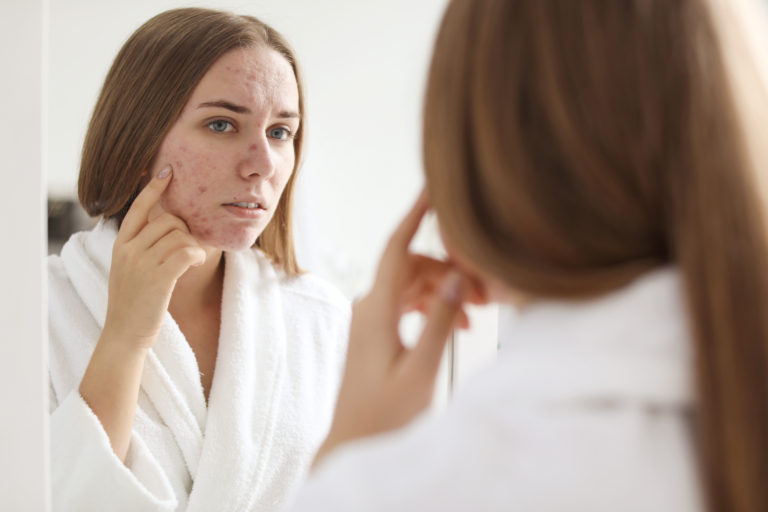CONTACT US
We would love to speak with you.
Feel free to reach out using the below details.
GET IN TOUCH
HOURS
- Mon-Thu 9:00AM - 5:00PM
- Friday 9:00AM - 12:00PM
Dry skin, characterized by a rough, flaky, and sometimes itchy texture, can be a frustrating and uncomfortable issue. Whether it affects your entire body or specific areas like your face or hands, understanding the root cause and implementing effective strategies is crucial for achieving lasting relief.

Dry skin manifests in different ways and severities:
Several factors can contribute to dry skin, including:

Common symptoms of dry skin include:
Being aware of these symptoms helps you seek timely treatment before the condition worsens.
Preventing dry skin involves adopting a proactive approach to skincare. Consider the following strategies:
If your dry skin persists despite self-care measures or causes significant discomfort, seeking a professional diagnosis is crucial. At Ayana Dermatology & Aesthetics, our dermatologists will:
Managing and treating dry skin involves a multifaceted approach tailored to individual needs. Strategies may include:
If you’re struggling with dry skin and other medical skin conditions and seeking expert care, schedule a consultation with our board-certified dermatologists at Ayana Dermatology & Aesthetics. We offer:
There is no single “best” moisturizer, as the optimal choice depends on your skin type and severity of dryness. Our dermatologists can recommend the most suitable moisturizer for you based on your specific needs.
Some home remedies, like using oatmeal baths or applying coconut oil, may offer temporary relief. However, for persistent or severe dry skin, professional diagnosis and treatment are crucial.
While aging can naturally contribute to dry skin, effective treatment plans can significantly improve your skin’s hydration and texture regardless of age.
Left untreated, dry skin can worsen, leading to deeper cracks, infections, and even psychological distress. Seeking professional care ensures timely intervention and prevents complications.
We would love to speak with you.
Feel free to reach out using the below details.
2140 NE 26th Street Fort Lauderdale, FL 33305
Copyright © 2023 Cherise Mizrahi-Levi DO PA. All rights reserved.